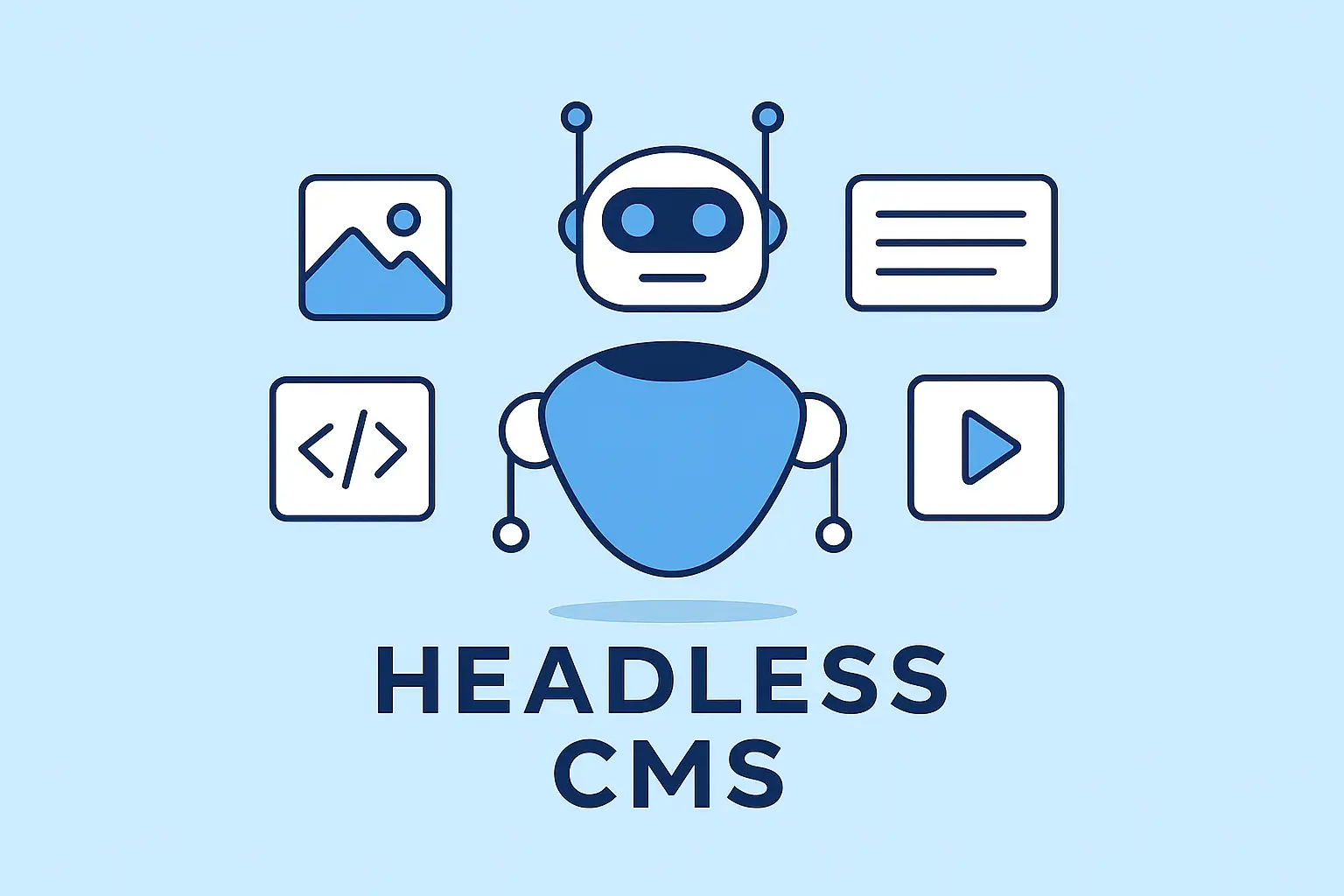Updatated on Dec 16, 2024
Introduction
In today’s competitive digital landscape, getting your website to stand out in search engine results is more important than ever. While creating high-quality content is a must, one often overlooked tool that can significantly enhance your website’s visibility is schema markup. In this blog post, we’ll dive into the role of schema markup in improving SEO and search results, explain what it is, why it’s important, and how to implement it effectively on your website.
What is Schema Markup?
Schema markup is a form of structured data that helps search engines understand the content of a webpage more effectively. By adding special code (in the form of JSON-LD, Microdata, or RDFa) to your HTML, you provide additional context about the information on your page. This structured data helps search engines like Google, Bing, and Yahoo better comprehend what your page is about, which can lead to rich results, improved visibility, and enhanced user experience in search results.
In simple terms, schema markup is a way of tagging your content so that search engines can interpret and display it in a more informative, attractive way to users. This makes it easier for search engines to match your page with relevant queries, which can ultimately drive more organic traffic to your website.
When Did Schema Markup Become Popular?
Schema markup was first introduced in 2011 by a collaboration between major search engines like Google, Bing, Yahoo, and Yandex. The idea was to provide a consistent, standardised way for website owners to mark up their content and give search engines a better understanding of the context behind it. Since then, schema markup has grown in importance as search engines have become smarter and more focused on delivering the most relevant and engaging search results.
Over the past few years, the use of schema markup has become increasingly popular as search engines like Google began to feature rich snippets—enhanced search results that display additional information such as ratings, reviews, prices, and other key details directly on the search results page. This is all made possible by schema markup, which provides search engines with the data they need to create these rich results.
Why Schema Markup is Crucial for SEO
1. Improved Search Visibility and Rich Snippets
The most significant benefit of schema markup is its ability to improve search visibility. By marking up your content with structured data, search engines can generate rich snippets and display additional information in the search results. For example, schema markup can display:
- Product ratings
- Prices
- Event dates
- Breadcrumbs
- Business contact information
These enhanced search results stand out more and can increase click-through rates (CTR). When your page is displayed with rich snippets, users are more likely to click on your result, as it provides them with immediate, valuable information.
2. Better Understanding of Content
Schema markup provides search engines with deeper context about your content. For example, if you run a blog post about a recipe, adding schema markup can help search engines understand that the page is specifically about a recipe. They can then display key details like ingredients, cooking time, and serving size in search results.
When search engines can understand your content more accurately, they are more likely to rank it higher for relevant queries, improving your website’s chances of ranking on the first page of search results.
3. Voice Search Optimisation
With the growing use of voice-activated devices like Google Home, Alexa, and Siri, optimising your content for voice search is more important than ever. Schema markup plays a key role in this by helping search engines understand your content in a way that makes it more accessible to voice search.
For example, when users ask voice assistants for “the best Italian restaurants near me,” search engines use schema markup to display the most relevant and accurate results, including business names, ratings, locations, and hours.
4. Enhanced User Experience
Rich snippets powered by schema markup provide users with quick and valuable information, improving their overall search experience. Users are more likely to trust your website if they see key details directly in the search results. This improved user experience can lead to more engagement on your website and higher conversion rates.
5. Competitive Edge
In competitive industries, standing out in search results is crucial. By implementing schema markup, you give your website an edge over competitors who may not be using it. If your competitors’ websites are not optimised with structured data, your rich snippets will attract more clicks and traffic.
How to Implement Schema Markup for SEO
Implementing schema markup might seem like a complex task, but with the right approach, it’s fairly straightforward. Here’s a step-by-step guide to help you get started:
Step 1: Choose Your Schema Markup Type
The first step is to determine what type of content you want to mark up. There are numerous schema types you can use depending on the content on your website, such as:
- Article (for blog posts and news articles)
- Product (for e-commerce product pages)
- Event (for events and concerts)
- Recipe (for cooking and food blogs)
- Local Business (for local businesses and shops)
- Review (for product or service reviews)
- FAQ (for frequently asked questions)
Step 2: Use Schema Markup Generator Tools
If you’re not familiar with coding, you can use online schema markup generators to create the necessary code for your website. Some popular schema generators include:
- Google’s Structured Data Markup Helper
- Schema.org
- Merkle’s Schema Markup Generator
These tools allow you to easily input the relevant information (e.g., product details, event dates, etc.), and they’ll generate the required code for you.
Step 3: Add Schema Markup to Your Website
Once you’ve generated the code, the next step is to add it to your website. There are three main ways to do this:
- JSON-LD: The most recommended format for schema markup, JSON-LD can be added to your website’s header or footer.
- Microdata: This can be added directly to the HTML of the page.
- RDFa: Similar to microdata, but used for more complex data.
Step 4: Test Your Markup
Before going live, make sure to test your schema markup using Google’s Rich Results Test Tool or the Schema Markup Validator. This will help you identify any errors or issues with your structured data.
Step 5: Monitor Performance in Google Search Console
Once your schema markup is live, keep track of its performance using Google Search Console. You can monitor how Google is interpreting your structured data and whether it’s contributing to better search results.
Additional Tips for Schema Markup Success
- Use Only Relevant Markup: Ensure that the schema markup you add is relevant to your content. Don’t add markup for elements that don’t apply to your page (e.g., adding product schema to a blog post).
- Regularly Update Your Schema: Schema markup evolves over time. Make sure to keep your markup up-to-date with the latest standards from Schema.org.
- Monitor Rich Snippets: After implementing schema markup, monitor your pages to see if rich snippets start appearing in search results. If they don’t, check for errors in the markup code.
Conclusion
Schema markup is a powerful SEO tool that can significantly improve your website’s visibility in search results, enhance user experience, and give you a competitive edge. By providing search engines with structured data about your content, you make it easier for them to understand and display your page in a more informative, engaging way. Whether you run an e-commerce store, a blog, or a local business, schema markup can help boost your SEO efforts and improve your search engine rankings.
By implementing schema markup correctly, you can unlock the potential of rich snippets, voice search optimisation, and a better overall search experience for users. It’s a small investment that can lead to big rewards in the long run.
At Web Wizard, we specialise in SEO strategies and web development that ensure your website is optimised for success. Get in touch with us to learn how schema markup and other SEO techniques can take your business to the next level!






